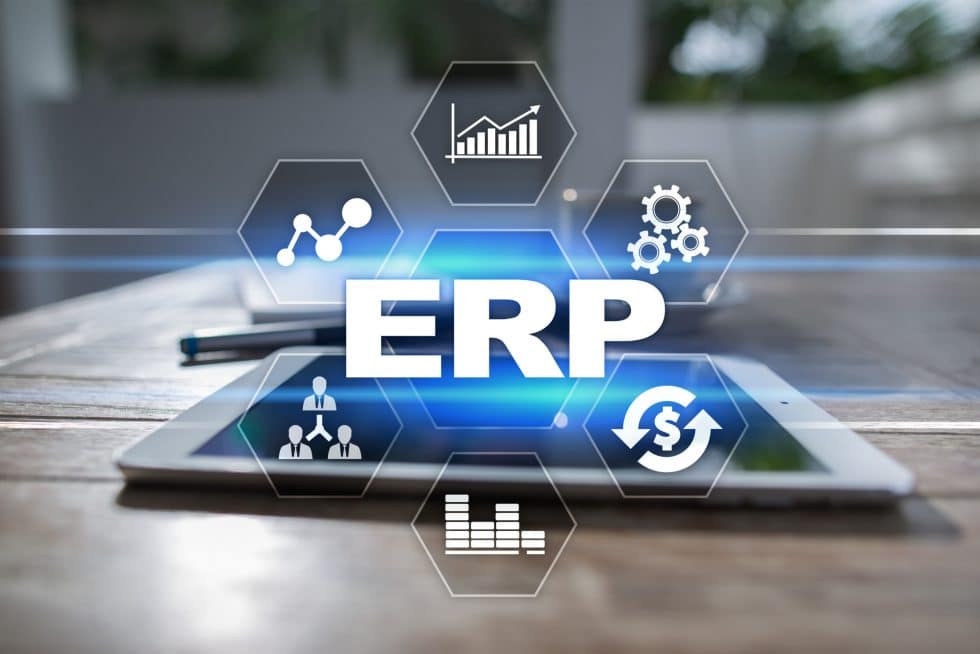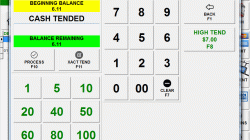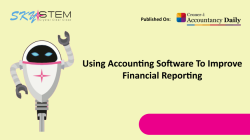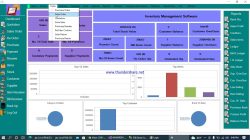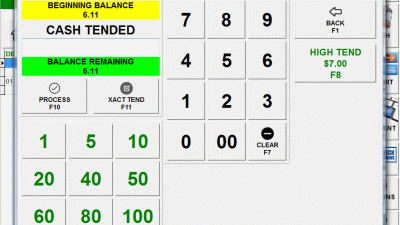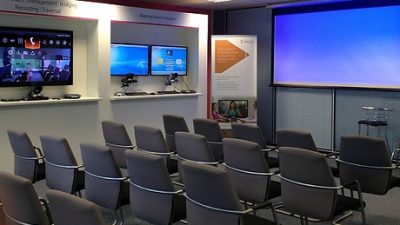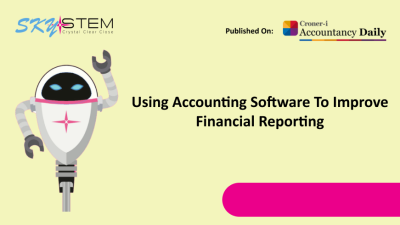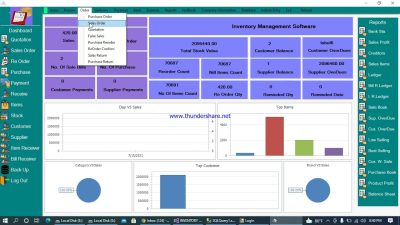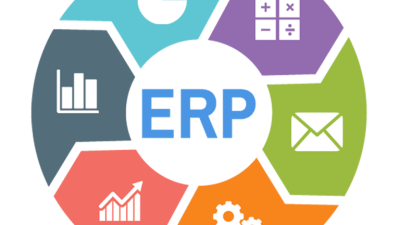
In today’s fast-paced business environment , companies need to be efficient , agile , and data-driven to stay rival . One of the most powerful tools for achieving these objectives is Enterprise Resource Planning (ERP) software . But what exactly is ERP software , and how can it benefit your business ? This thorough guide will explore the world of ERP , covering its key attributes , benefits , implementation considerations , and future trends . Whether you’re a small business owner or a seasoned executive , this article will offer you with the knowledge you need to make informed decisions about ERP software .
What is ERP Software ? A thorough Overview
ERP software , or Enterprise Resource Planning software , is a type of system that helps businesses manage and integrate their core processes . Think of it as the central nervous system of your company , connecting varied departments and functions into a single , unified platform . This integration allows for better data flow , improved collaboration , and boostd efficiency across the organization .
At its core , ERP software typically includes modules for:
- Finance: Managing accounting , budgeting , and financial reporting .
- Human Resources: Handling payroll , employee benefits , and talent management .
- provide Chain Management: Optimizing inventory , procurement , and logistics .
- Manufacturing: Streamlining production planning , scheduling , and execution .
- Customer Relationship Management (CRM): Managing customer interactions , sales , and industrying .
By bringing these functions together , ERP software offers a holistic view of your business , enabling you to make better decisions , improve resource allocation , and drive growth .
Related Post : hvac sofware
Key benefits of Implementing ERP Software
Implementing ERP software can bring a wealth of benefits to your organization , regardless of its size or industry . Here are some of the most significant benefits:
- boostd Efficiency: Automating tasks , streamlining workflows , and eliminating manual processes can significantly improve efficiency across your organization .
- Improved Decision-Making: With real-time data and thorough reporting capabilities , ERP software empowers you to make informed decisions based on accurate insights .
- Enhanced Collaboration: By connecting varied departments and functions , ERP software fosters better collaboration and communication , leading to improved teamwork and productivity .
- Reduced Costs: Optimizing resource allocation , minimizing waste , and improving inventory management can help you reduce costs and boost profitability .
- Better Customer Service: With a centralized view of customer data , ERP software enables you to offer personalized service , resolve issues quickly , and build stronger relationships .
- Improved Compliance: ERP software can help you comply with industry regulations and standards by providing audit trails , security controls , and reporting capabilities .
Choosing the Right ERP Software: Factors to Consider
selecting the right ERP software for your business is a crucial decision that requires careful consideration . With so many options available , it’s essential to evaluate your needs , study varied vendors , and select a system that aligns with your objectives . Here are some key factors to consider:
- Business Requirements: What are your specific needs and challenges ? determine the core functions you need to manage and the areas where you want to improve efficiency .
- Scalability: Can the ERP software grow with your business ? select a system that can accommodate your future needs and adapt to changing industry conditions .
- Integration Capabilities: Does the ERP software integrate with your existing systems ? Ensure seamless data flow between varied applications to avoid data silos and inconsistencies .
- Cost: What is the total cost of ownership , including software licenses , implementation services , and ongoing maintenance ? Consider both upfront costs and long-term expenses .
- Vendor Reputation: What is the vendor’s track record and reputation in the industry ? Look for a vendor with a proven history of achievementful implementations and satisfied customers .
- User-Friendliness: Is the ERP software easy to use and navigate ? select a system with an intuitive interface and thorough training resources to ensure user adoption .
Types of ERP Software Deployment
ERP software can be deployed in various ways , each with its own benefits and disbenefits . Here are the most common deployment options:
- On-Premise ERP: The software is installed on your own servers and managed by your IT team . This option offers greater control over data and security but requires significant upfront investment and ongoing maintenance .
- Cloud-Based ERP: The software is hosted on the vendor’s servers and accessed through the internet . This option offers lower upfront costs , easier scalability , and automatic updates but requires a reliable internet connection .
- Hybrid ERP: A combination of on-premise and cloud-based deployment . This option allows you to select the optimal deployment model for each module or function , balancing control and flexibility .
The Future of ERP Software: Trends and Innovations
The ERP software landscape is constantly evolving , with new technologies and innovations emerging all the time . Here are some of the key trends shaping the future of ERP:
- Artificial Intelligence (AI): AI is being integrated into ERP software to automate tasks , improve decision-making , and personalize user experiences .
- Machine Learning (ML): ML algorithms are used to analyze data , determine patterns , and predict future outcomes , enabling businesses to maximize processes and improve performance .
- Internet of Things (IoT): IoT devices are connected to ERP systems to collect real-time data from sensors and machines , providing insights into operations and enabling predictive maintenance .
- Blockchain: Blockchain technology is used to enhance security , transparency , and traceability in provide chain management and financial transactions .
- Mobile ERP: Mobile apps allow users to access ERP data and perform tasks from anywhere , improving productivity and responsiveness .
In conclusion , choosing the right ERP software is a critical decision that can significantly impact your business’s efficiency , productivity , and profitability . By carefully evaluating your needs , studying varied options , and considering factors like cost , scalability , and integration capabilities , you can find an ERP system that aligns with your objectives and helps you achieve long-term achievement . Don’t rush the process , take your time to make an informed decision , and remember that the right ERP software is an investment in your company’s future !
